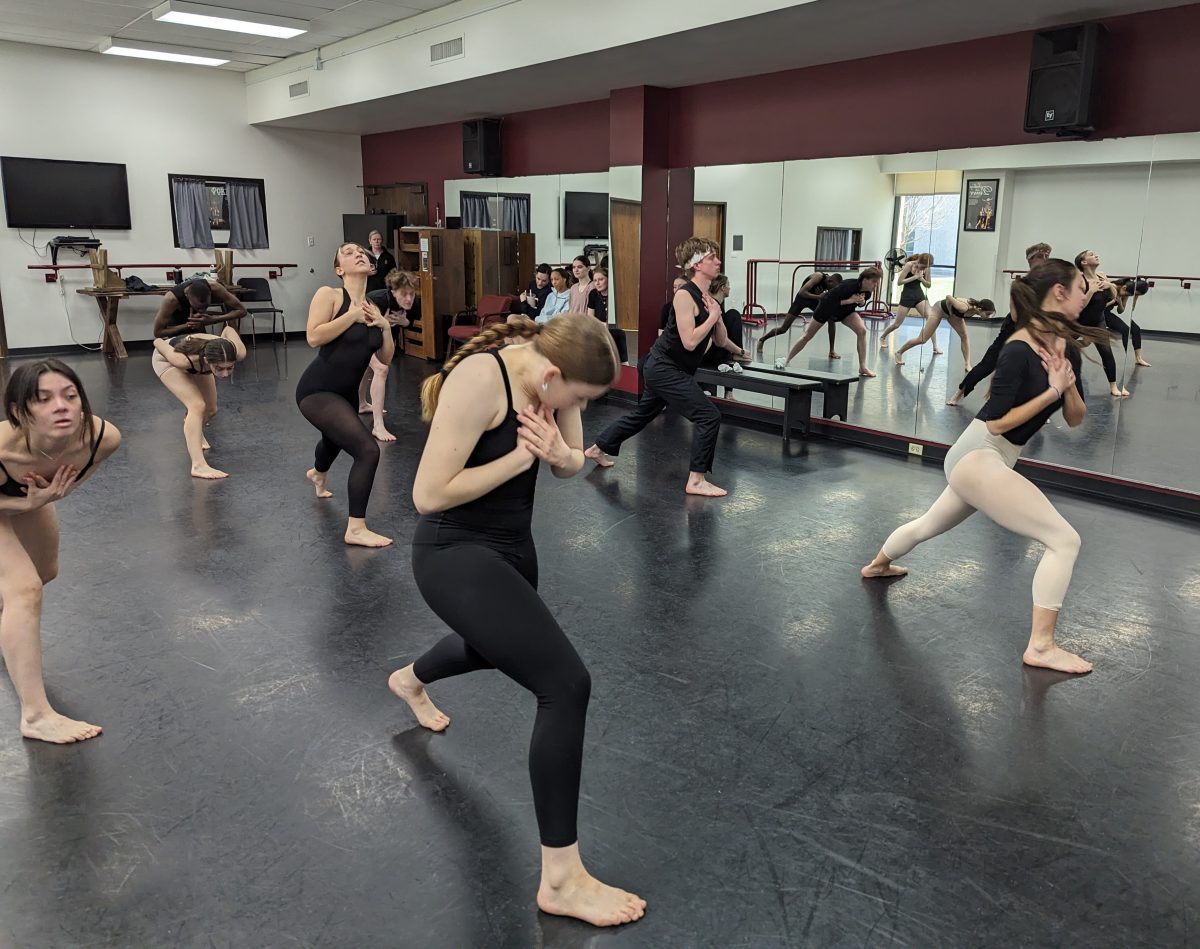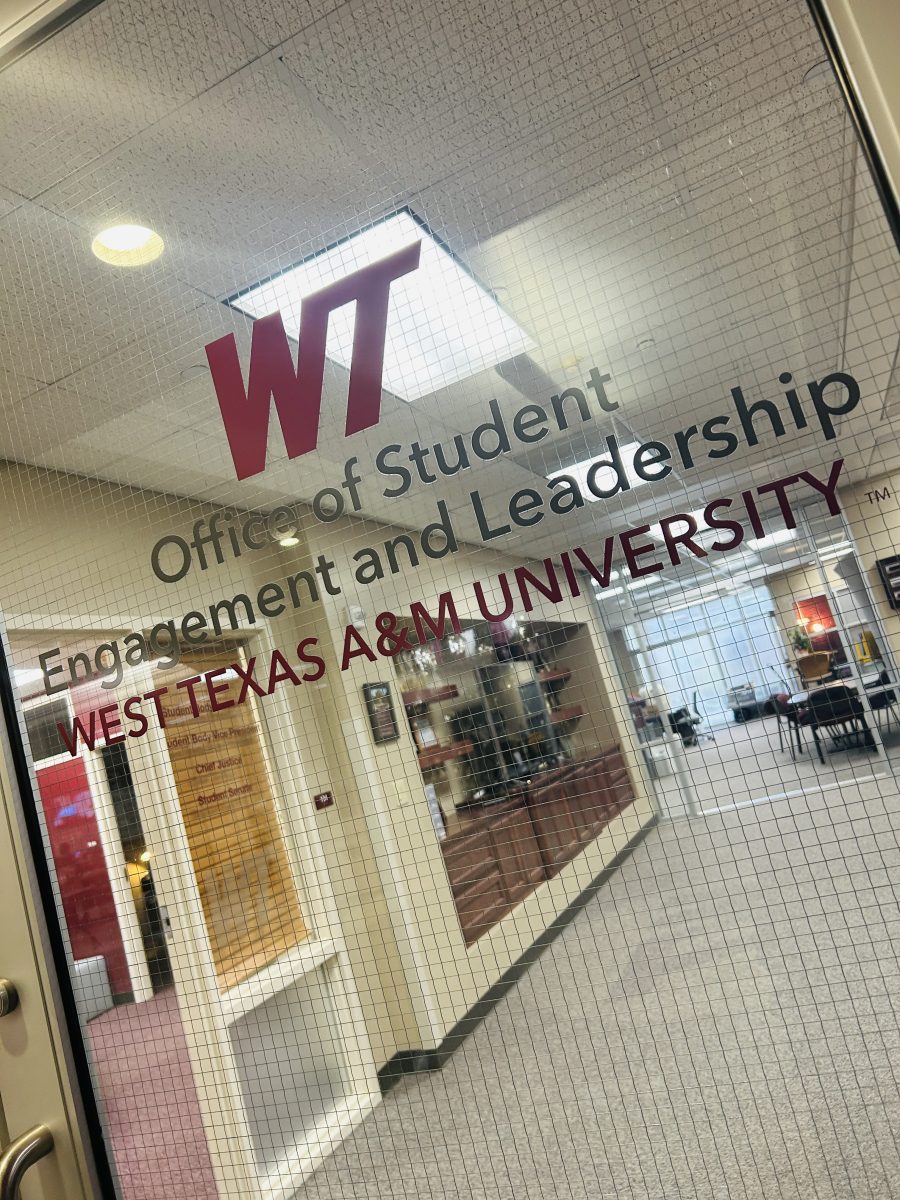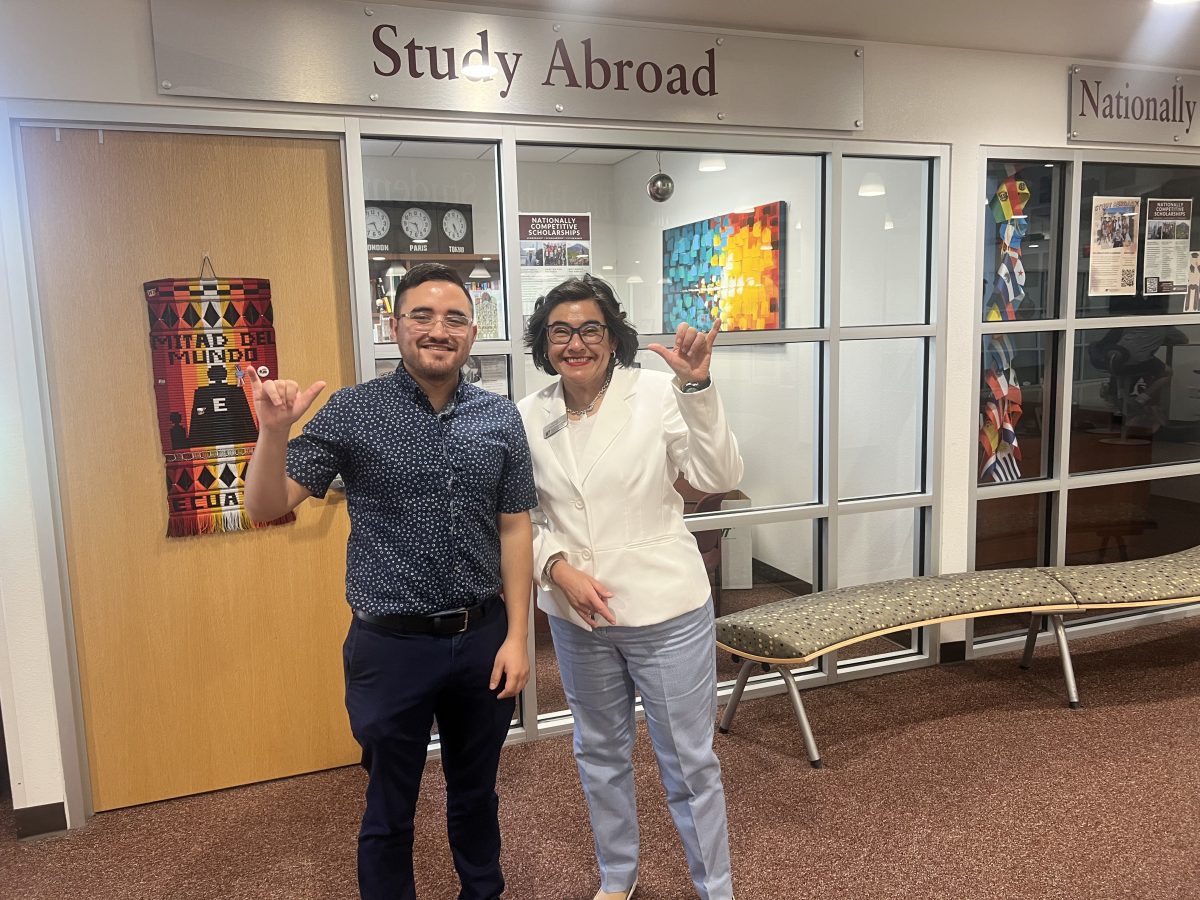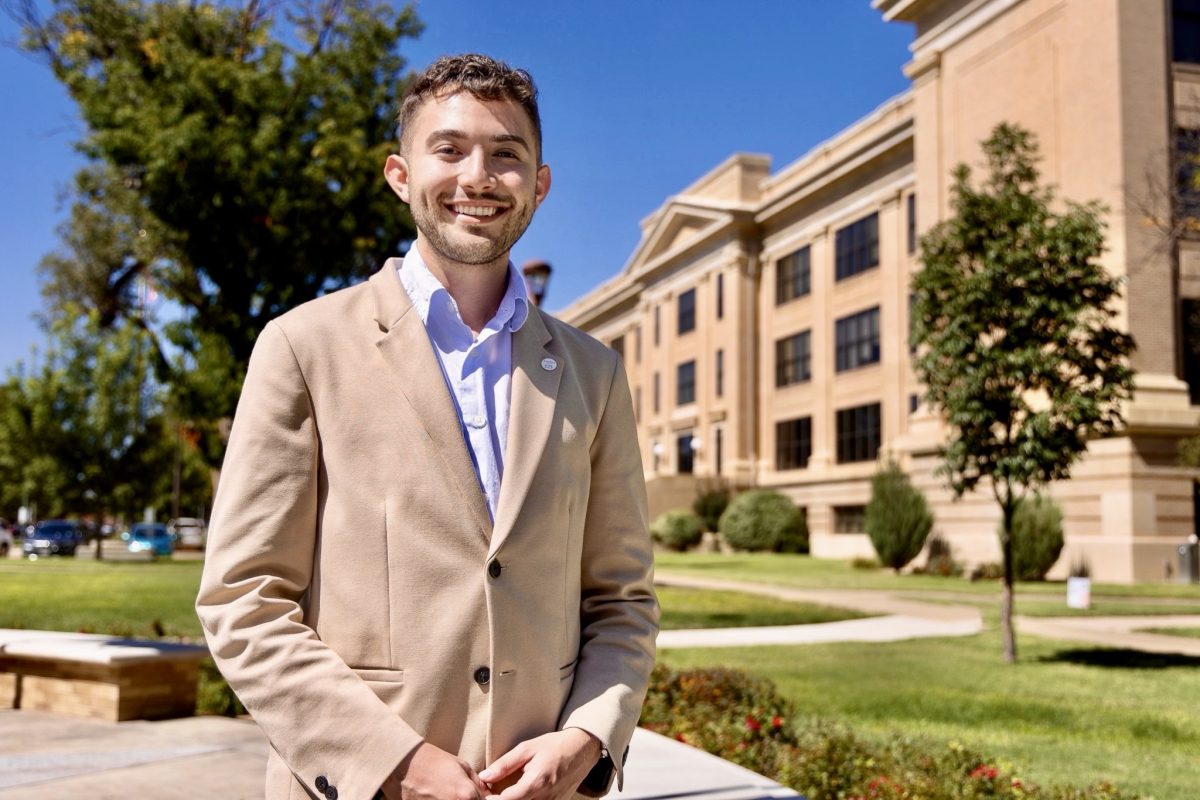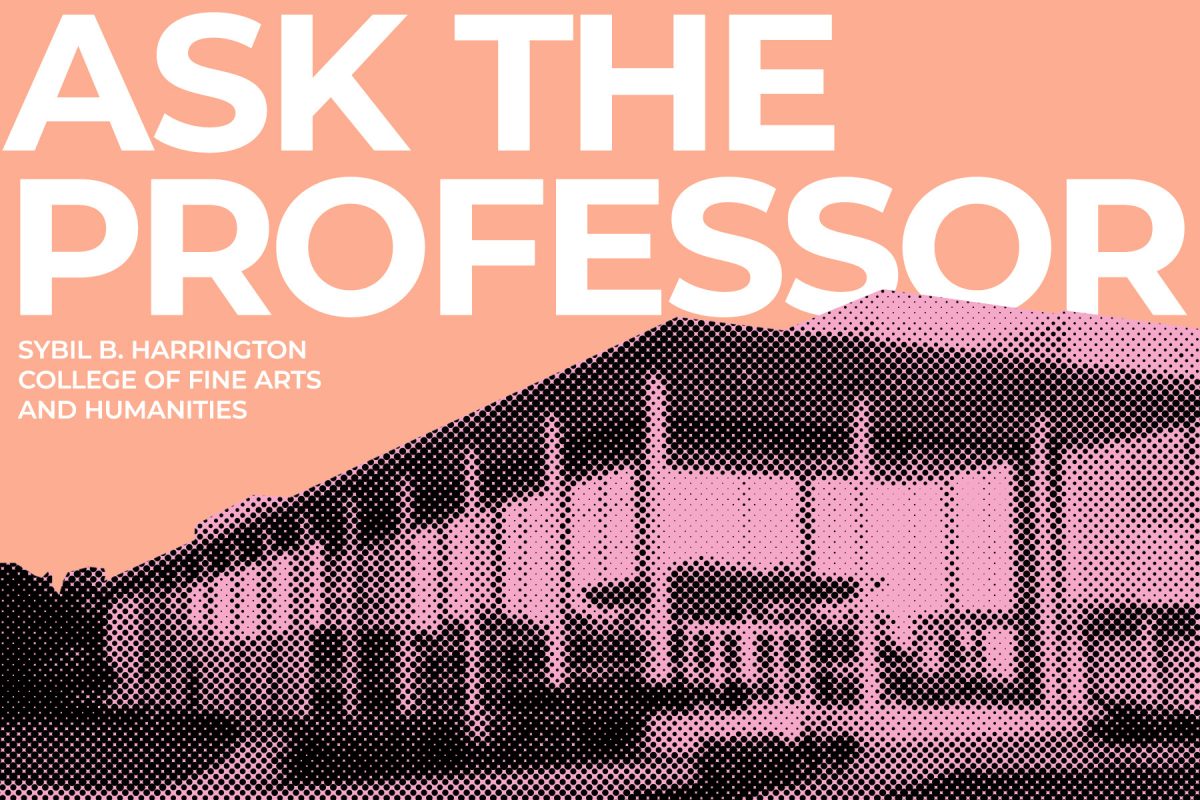West Texas A&M University President Dr. Walter Wendler announced in a Jan. 16 update memo that WT will provide textbooks for core curriculum courses at no cost to students starting in the fall.
According to the update, the provost and deans are pursuing a partnership with publishers that will provide students and faculty access to digital textbooks for core classes. Students in upper-level and graduate courses may pay for textbooks if the instructor chooses material not provided by the publisher or accessible through open educational resources (OER).
Wendler said he is aware that the plan will cause some growing pains.
“There’ll be some challenges as we go through this,” Wendler said. “But I think by paying attention to it, the academic leadership, which are basically in this order: the provost, the deans, and the faculty – includes department chairs and all that – the academic body is aware of these things, and I think there’s been a lot of discussion and there’ll continue to be a lot of discussion.”
Wendler sparked discussion in August when he announced his original plan in a University-wide memo that stated “no West Texas A&M University student will be required to buy any textbook for any course” by this fall. He set up a blue-ribbon committee to work on implementing this plan.
“They didn’t come back as I was hoping they’d come back and say, ‘yeah, we need to do this and do it for all four years,’ but they didn’t,” Wendler said. “And they came back with a more carefully assessed plan.”
Wendler said a publisher partnership will be in place “certainly before the close of the semester.”
Nicholas Hacker, a senior majoring in wildlife biology, said that revising lesson plans to utilize the new material is going to be extremely difficult for instructors of some classes.
“There’s just too much to go over,” Hacker said. “I feel like if we don’t give them time to re-make those materials, they’re not going to be able to teach effectively and it does a disservice to the students possibly.”
Holly Holcomb, a senior majoring in music therapy, thought the plan could benefit underclassmen.
“I think that’d be great for a lot of especially freshmen,” Holcomb said. “Having to figure out how to live on your own and how to do all this stuff and then having to buy textbooks on top of that. I like the idea of that if they could figure out a system.”
Not all educational materials for core classes fall under the scope of what a publisher partnership and OER cover. Materials like sheet music, graphing paper and required reading novels will remain the financial responsibility of students.
“I would say your core classes like your math, things like that: the books are so expensive,” Holcomb said. “So, ours are usually a little less expensive, but the most expensive [thing] is maintaining your instrument. That’s kind of where we spend most of our funds.”
Hacker said that textbook selection should be up to the instructor teaching the course.
“They ultimately, I think, have the best interest for that course and also know the most about what’s useful,” Hacker said. “And kind of narrowing that field to where they can only choose a specific amount of textbooks or one specific type of textbook really hinders the way that they can maybe educate students, especially if, say, some textbooks are known for being the most well-known classical form of deep learning the subject, and I think like with certain fields, chemistry and your medical sciences, having a good grasp of those classical understandings, really accelerates your success in the future in med school or nursing school, etc.”
Wendler said his motivation has always been to reduce the cost without reducing the quality.
“The only thing that allows you to reduce the cost of anything without reducing the quality is exceptional intellectual energy,” Wendler said. “And I think we’ve got smart faculty and smart students and I think there’s a lot of ways we could reduce the costs.”
Hacker had suggestions for other ways to reduce the cost of attending WT.
“Maybe developing a book subsidy for students who can’t afford the books or for, say, our fees,” Hacker said. “Some of them are for things that students will never use. And either important, but I think maybe having them opt-in and allowing the students to decide what they really want and value is maybe a better idea to reduce that economic burden on them instead of forcing them onto a track where their education is possibly directly influenced.”






